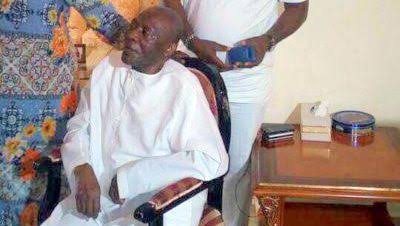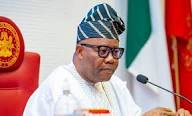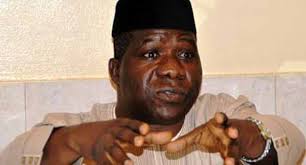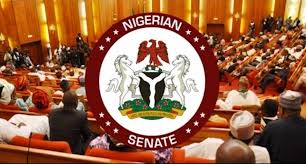The Senate, on Tuesday, observed a minute silence to mourn the death of Senator Arthur Nzeribe.
He died on Sunday at the age of 83.
The Oguta first republic politician and former lawmaker who represented Imo West Senatorial District

Senator Rochas Okoroch (APC, Imo West), raised a point of order at plenary about his death
Rising on order 42, Okorocha informed his colleagues of the death of the former lawmaker after a protracted illness.
He noted that the late Nzeribe was an astute politician and philanthropist who was loved by his people in Oguta and beyond.
The lawmaker urged the Senate to push for the immortalization of the deceased in the Federal Capital Territory.
In his remarks, the Senate President, Ahmad Lawan, urged young politicians to emulate the life of service by the deceased politician.
He said, “Arthur Nzeribe, played his part as a politician and legislator, and I knew him when I was a member of the House of Representatives and he was here in the Senate.
“Our paths crossed several times, and surely the political space will have some vacuum, but we pray that younger politicians will grow to provide the kind of services that ordinarily would have been missed because of this monumental death.”
The chamber, thereafter, held a minute silence to honour the deceased.




